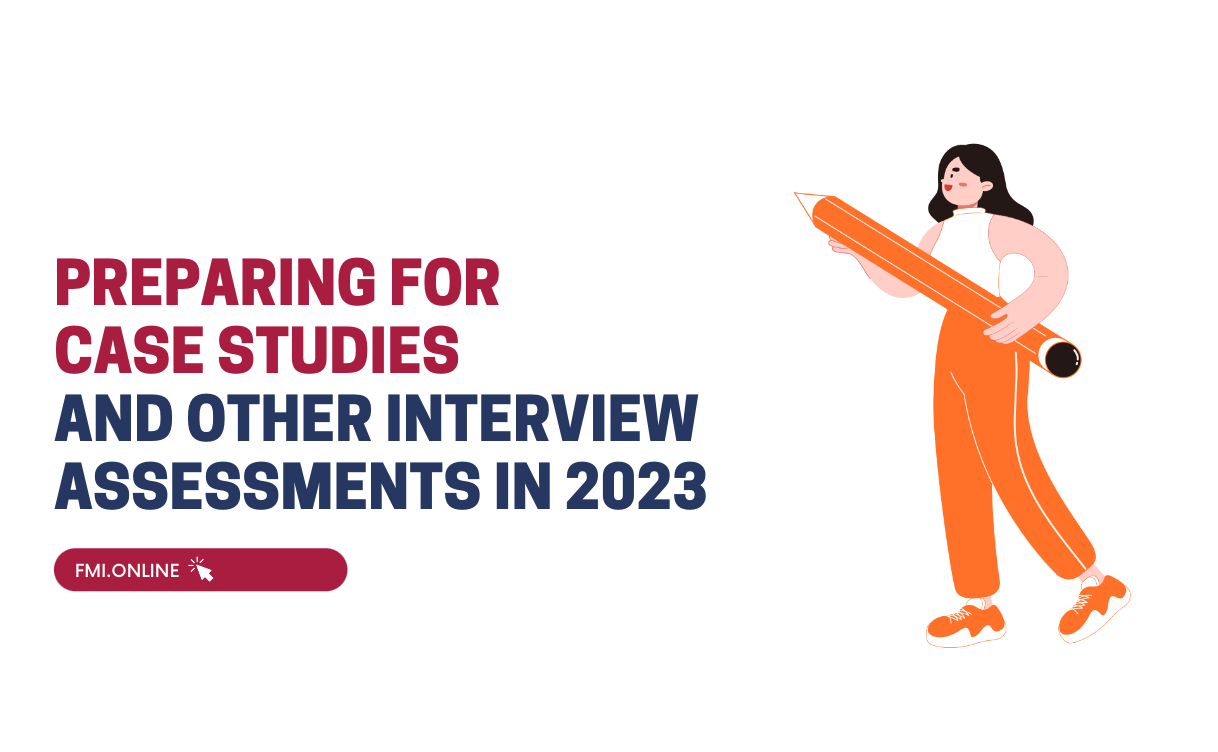Would you like to earn 5-6 figures in salary with lots of bonuses right off from graduation? You can get this by working with a big bank, a finance company, an investment house or even with the Big 4; as an investment banker. It is a high-profile job with lots of critical thinking, analytical and mathematical skills involved. This article will explore the pros and cons of investment banking and how you can get in if you feel this is the career for you.
Here are some of the pros of being an investment banker
- Huge Compensation: The money you make as an investment banker is one of the main attractions of this profession. The salary is great, running up to 5,6 and even 7 figures. Then there are starting bonuses, performance bonuses and other deferred bonuses that you get later. You can start as an analyst, and grow to become an associate, a VP, a director, a managing director or even a CEO. All these with a salary which increases every year and increases at every level.
- Smart Colleagues: A career in investment banking exposes you to working with smart people which includes both your colleagues and clients. You meet with people who are working on real-world problems and people working with the latest technologies. Interacting with driven people helps you learn more and develop faster in your knowedge of the business world. Within a few months of joining, you will get responsibilities which will help you learn a lot in a short space of time as your colleagues will challenge you to put on your best foot always. All these will help in your personal development journey.
- Good Perks: Apart from the mind-boggling bonuses, there are lots of benefits like free lunch and dinner if you work late at night. If you need to travel for your work, you can be sure of getting the best treatment. You get to stay at the best hotels, and wine and dine at the best restaurants and bars and of course, you have business-class flights. The medical coverage you get working in this career is great, with awesome paternity and maternity leave as well as a great pension when you retire.
- Open Doors: This job will open doors for you that other jobs cannot. For example, this job will help you to meet and interact with wealthy people and build a network of great connections. If you decide to leave this job, there are loads of places you can work. You can decide to go into coaching and consulting and you will have lots of clients. You can decide to move into another section or department in a bank if you are thinking of a better work-life balance. You can start your own company with the knowledge you’ve gained working as an investment banker.
- You Gain Experience Fast: Working in a high pace environment like the one offered to investment bankers helps you learn a lot about business. You get to learn about brokering deals, negotiating debts, equities, raising capital and much more. Working in a fast-paced work environment all day every day, helps you gain expertise fast. You cannot be compared to someone who works fewer days and will take years to learn what you learn in a few months. You can make a partnership at a young age and start earning millions in your late 30s or early 40s.
But it’s not all rainbows and sunshine. There are some disadvantages involved in this career too. Here are some of the demerits of working as an investment banker:
- Long Hours: You get to work long hours often staying late at night. Sometimes you stay weekends working in the office. This is a high-paying yet high-stress job. An analyst typically works 80-90 hours with average work hours based on a survey reaching 102 hours. 16 hours days are quite the norm in this career though it gets shorters as you progress up the ranks.
- No Off-clock: You can’t stay off the clock when working as an investment banker. You are expected to be available 24/7 when working especially when you are just starting. You have to be at work in the evenings, at weekends and sometimes on holidays. This can take a toll on your personal relationships.
- Highly Competitive: A career in investment banking is full of competition. The reason is obvious, it pays better than most jobs so there is fierce competition before you can get in. After you get the job you still have to be on your best performance so you don’t get kicked out and replaced by others.
You can see that the benefits far outway the cons, and that is why many people are doing all they can to get into this career. If you are dreaming of getting in as an investment banker, here are the 4 steps you take to make sure that you make a success of it.
- Good Education: To start your journey into investment banking, you need to make sure that your foundation is right. You need a good bachelor’s degree in finance or a related field from an accredited university or college. You can also get a graduate degree or an MBA to further qualify yourself.
- Certifications: Before and after you get a job as an investment banker, it is good to get a certificate to augment your degree. Having great certificates from reputable institutions will help you scale through during the interview. You can get certificates like Certified Fianal analyst (CFA), Certified Public Accountant (CPA) or Commercial banking & Credit Analyst.
- Job Interview: Passing an interview is a requisite to getting a job as an investment banker. Proper preparation will help you to excel in it. Remember that this job is highly competitive so you need to make sure that you are ahead of the competition. You can check out this course that specifically teaches you how to prepare for an interview as an investment banker.
- Get experience: You can get an internship during your bachelor’s degree program. This will give you the needed experience and develop the math and analytical skill needed for the job. You can also get jobs in banks or work in a smaller finance or investment business while you wait for your dream job. The on-the-job training you get will add to your CV and help you to get better jobs later.
Conclusion
A job as an investment banker comes with lots of perks, and a great salary. You work with smart people, get open doors and gain lots of experiences fast. Even though you get to work long hours, most people don’t mind because the money is great. In 4-7 years of consistent work, you can get to the top and start earning 7 figures with huge benefits. With a few years of consistency, you will make a great income while helping a lot of people with their finances.
Authored by: Juliet Ugochi, Fintech Content Curator

